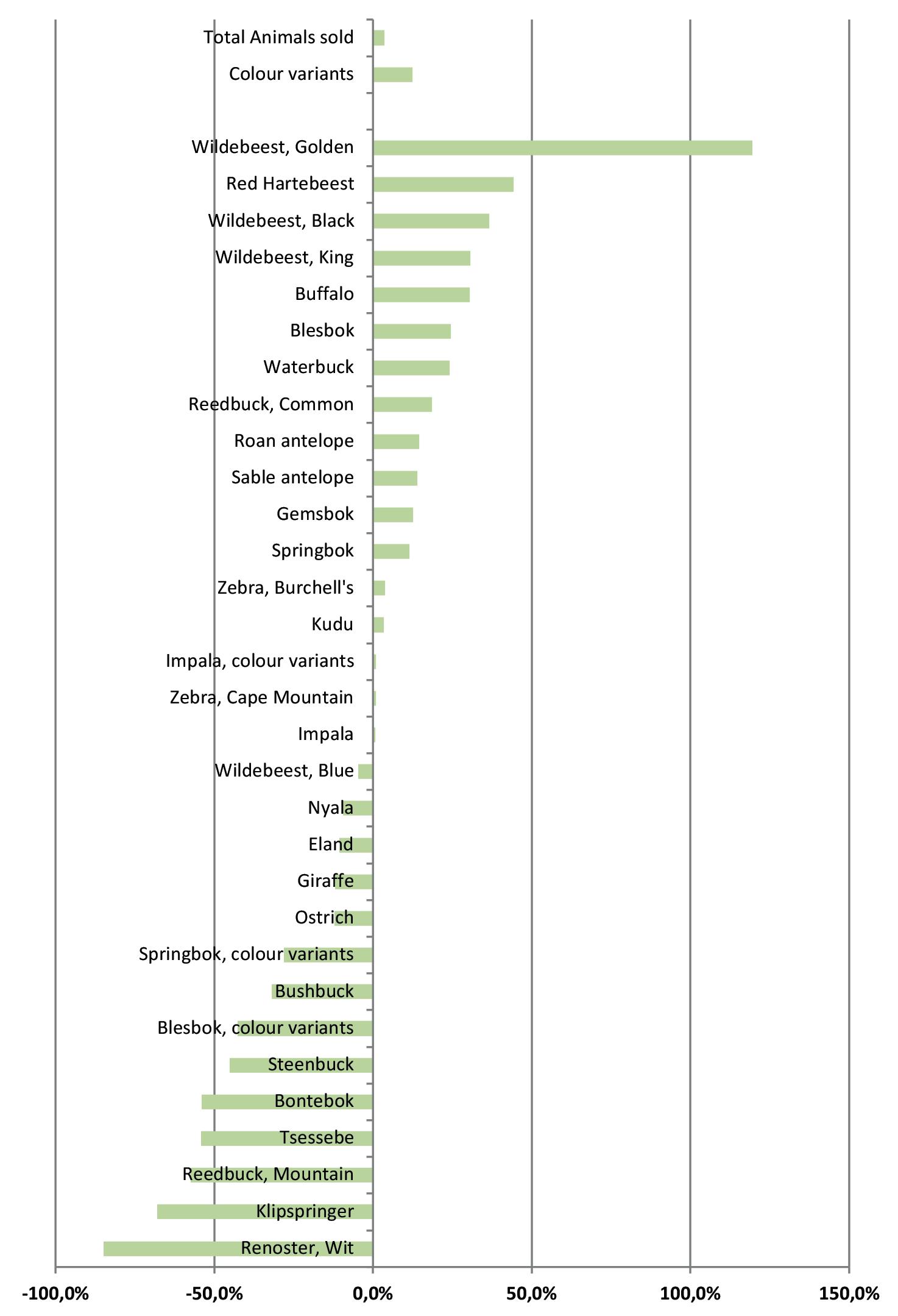
1 minute read
Tackling incubation problems for better hatchability
by WCDOA pubs
by Dr Zanell Brand
TThe combined meeting of the Incubation and Fertility Research Group (IFRG) and the Fundamental Physiology and Perinatal Development Group (FPPDG) was held in Wageningen, the Netherlands, in September 2018. Sixty delegates attended this event and the aim of the meeting was to present current research on incubation of different avian species across the world. The 25 speakers presented a wide range of related topics and there were also eight posters presented. Results from research done on incubation from all over Europe, Australia, Northern and Southern Africa, the UK and America were presented.
The overall trend of the presentations was based on the wellness of the developing embryo. Strong emphasis was also placed on the effect of breeder age on chick development, from the follicle stage to post-hatch performance. Other hot topics were: short periods of incubation during egg storage (SPIDES) during long periods of egg storage, for better hatching results; and perinatal temperature training (PTT) to increase the adaptability of animals to cope with increased temperatures. The combined meeting of IFRG with the FPPDG brought a new dimension to the topics presented. Both the IFRG and Group 12 members presented research on the developing embryo, but from different perspectives.
The three-day programme was divided into six different sessions that included:
• influence of breeder on chick health and performance;
• egg storage and handling;
• impact of parental effects;
• adaptation and epigenetic alteration in birds;
• incubation parameters and chick vitality; and

• control and programming of energy balance.
The author of this article, Dr Zanell Brand, gave a combined oral presentation on “Review: Artificially incubated ostrich eggs” and “Hatch traits of artificially incubated ostrich eggs as affected by setting position, angle of rotation and season”. It was also the only presentation given on incubation research concerning ostriches or any other ratite species. This was clear evidence that the Directorate: Animal Sciences of the Western Cape Department of Agriculture, are on the forefront of research in specific aspects of ostrich research.
The presentations were followed by the annual meeting of the IFRG and Working Group 12 to arrange the next meeting in Toulouse, France in 2019.
For more information, contact Dr Z Brand: zanellb@elsenburg.com











